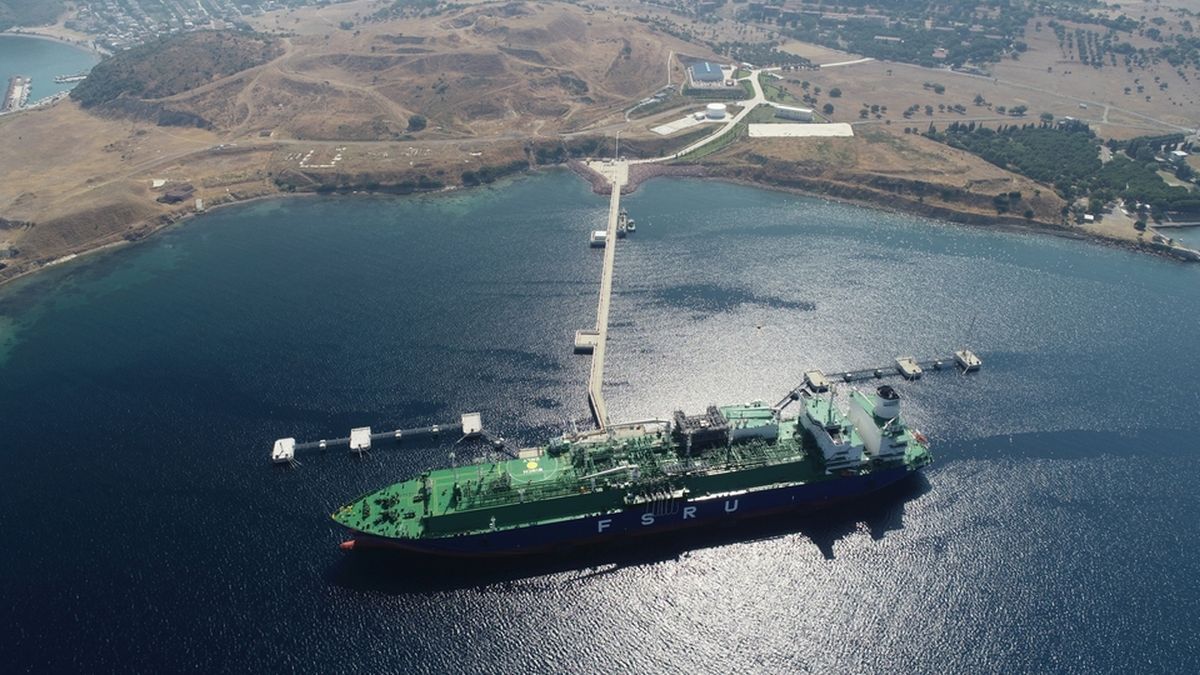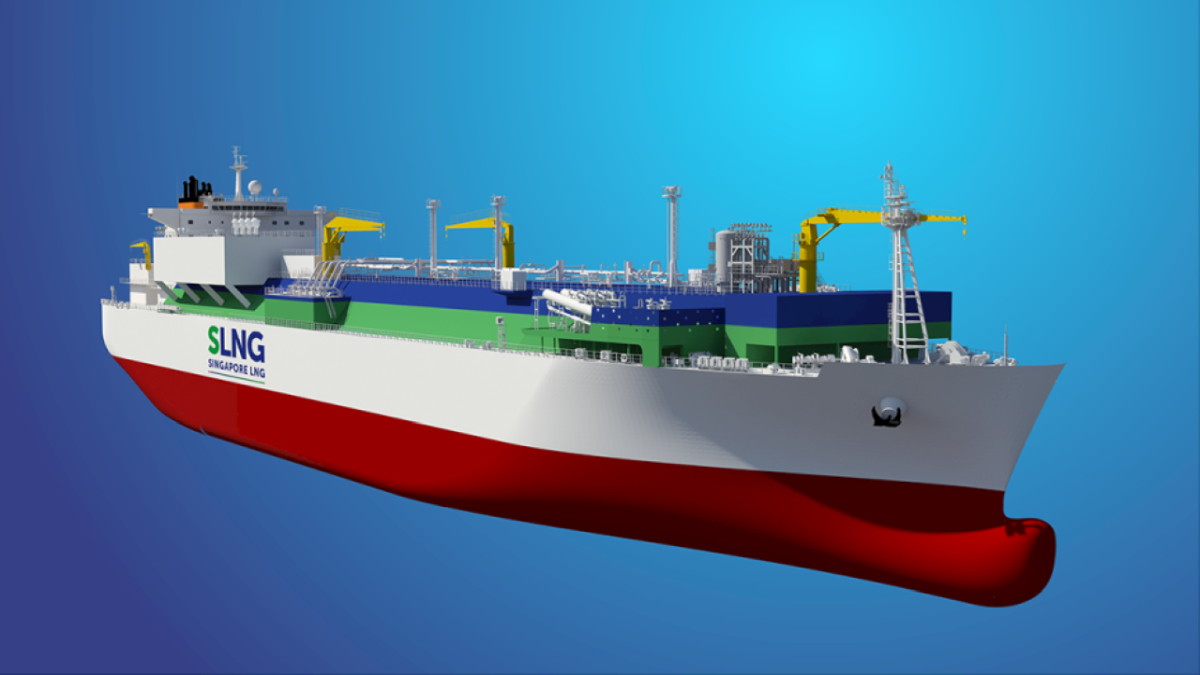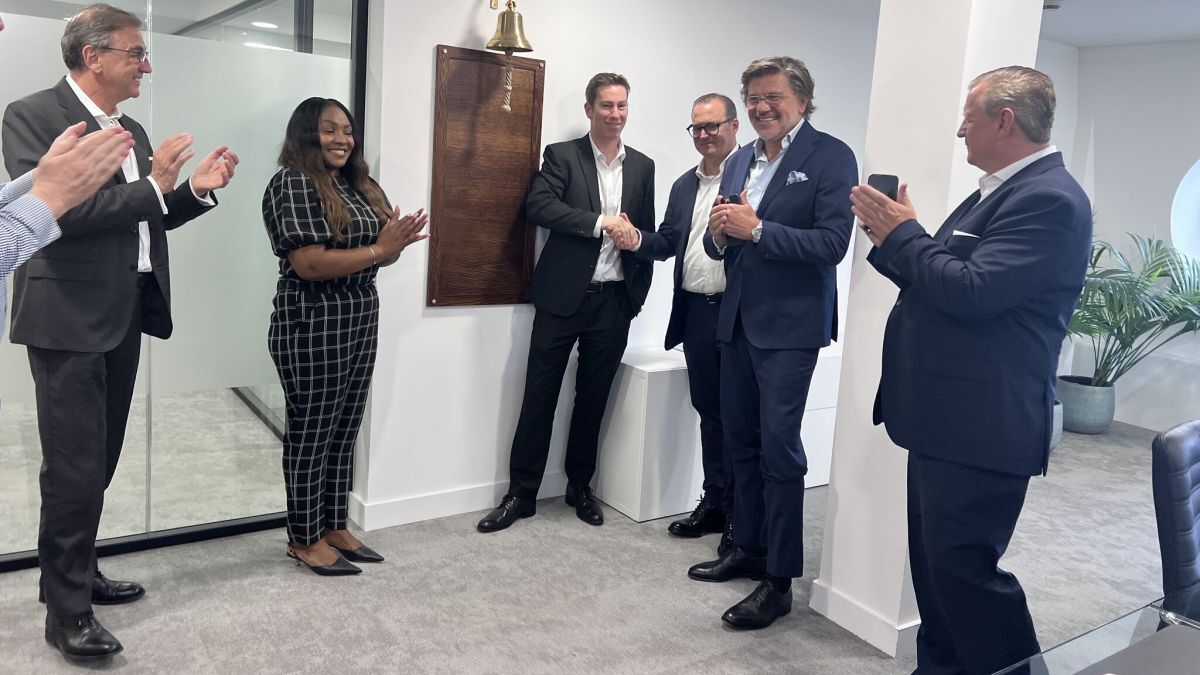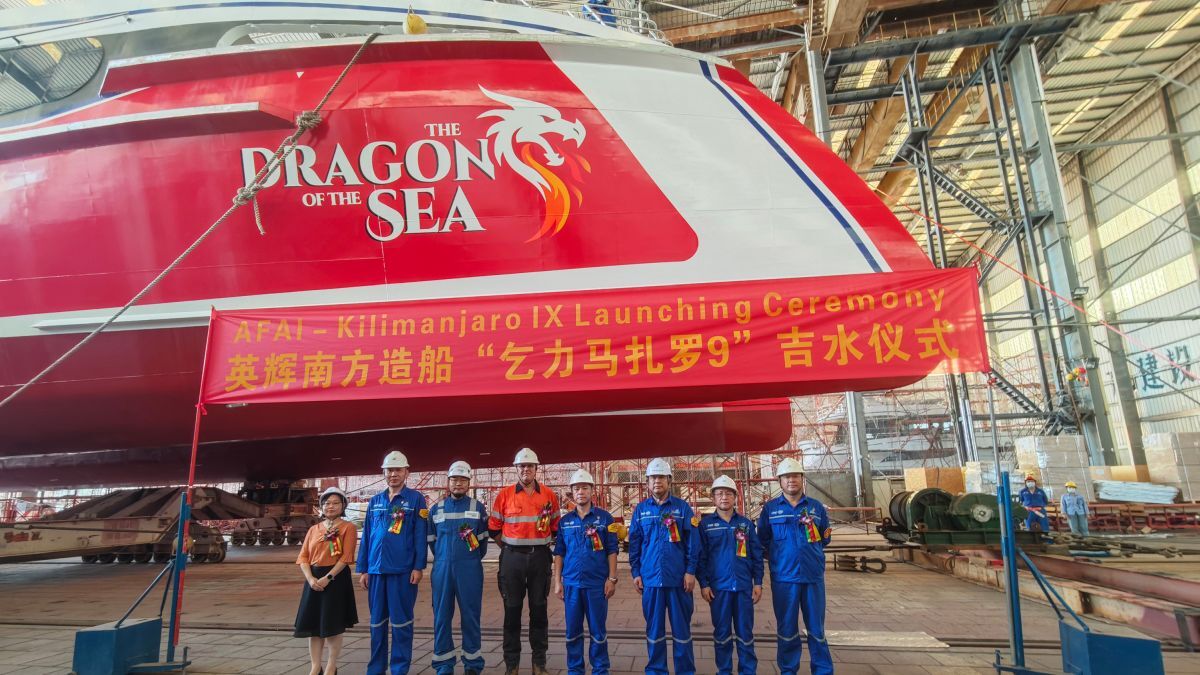Business Sectors
Events
Offshore Wind Webinar Week
Contents
Register to read more articles.
Marine coatings: the 2% investment that determines a ship's fate
Shipowners, ship operators and shipyards need to embrace data-driven coating selection based on actual vessel performance, as current approaches "often result in needless and costly failure" says the founder of Safinah Group, Dr Raouf Kattan
When Dr Kattan founded Safinah Group in 1998, he identified a critical knowledge gap in the marine coatings industry. At the time, coating expertise was split between paint inspectors with NACE or FROSIO qualifications, and consultants who primarily handled expert witness/loss adjusting work. Dr Kattan envisioned a new type of professional - what he calls a "coating engineer" - who could bridge the divide between paint manufacturers’ chemical expertise and the practical requirements of shipyards, shipowners and ship operators.
"When I started, there were only two recognised coating experts working in shipping or shipyards worldwide," Dr Kattan recalls, referencing Johnny Eliason and Lars Eric Etzold. "Paint was generally seen as a lower-class activity, despite being critical to vessel performance and longevity."
Drawing on more than two decades of experience, Dr Kattan emphasises the traditional approach of quickly specifying generic paint systems for vessels "often results in failure." Instead, he advocates for detailed functional specifications that consider the complete operational profile of each vessel and the needs of each specific project from build through operation.
"Paint is the only reason ships last 20 years," Dr Kattan explains. "A ship is essentially a large steel structure held together by a very thin film of paint. Research shows if you built a bulk carrier or tanker to common structure rules but put no anti-corrosive paint on it, it would last just five years."
This critical role of coatings in asset protection contrasts sharply with the industry’s historical view of paint as a minor consideration, typically representing only 0.5-2.0% of newbuild costs while accounting for up to 10-20% of construction man hours. When coating systems fail, the operational and financial impacts can be severe, potentially forcing vessels out of service, with all the associated lost opportunity costs.
The regulatory landscape for marine coatings continues to evolve, particularly regarding environmental protection. Dr Kattan expresses concern about regulations being created by committee, often leading to technically unsound compromises. He also highlights the problematic distinction between regulations and guidelines, questioning who has the authority to interpret guidelines in practice.
"We need to evaluate the complete impact of regulatory changes across the entire value chain," he argues, citing the industry’s drive to reduce volatile organic compounds in the 1990s as an example. "Yes, reducing atmospheric emissions is admirable, but the resulting high-solids products created challenges in manufacture, and health and safety from the lower molecular weight products developed."
Looking ahead, Dr Kattan sees several promising technological developments. These include ‘smart paints’ with embedded electronics enabling early problem detection through data gathering and monitoring. Alternative coating solutions like films, already being used on yachts and cruise ships, could help address challenges in areas like pipe couplings and complex geometries where traditional liquid coatings often fail - areas of complex design geometry (lots of edges or welds) are typically excluded from standard paint warranties.
Since 2010, Dr Kattan has been supporting clients bringing to market major antifouling innovations. His involvement with pioneering technologies includes work on the groundbreaking Runwell Project (Philips/Akzo Nobel and Damen), which utilises UV-C light-emitting diodes to prevent biofouling on ships’ hulls. This innovative, biocide-free solution represents a potential paradigm shift in underwater hull technology, utilising the UV-C technology, previously used primarily in water treatment and sterilisation. More recently, he has been serving on the board of directors at I-Tech to grow the market for its active antifouling agent (Seleketope) which is now found in many premium coatings.
"The challenge we face," Dr Kattan explains, "is balancing environmental protection with practical operational requirements. When we consider new technologies like biocide-free solutions, we must evaluate their impact across the entire value chain - from vessel operations to global shipping capacity."
He emphasises the importance of data-driven decision making in marine coatings, "The more structured data we can gather, the better-informed decisions owners can make. Currently, owners lack comprehensive independent performance data to compare different coating systems effectively."
Safinah Group now manages coatings for more than 200 vessels and manages 250-300 drydockings annually on behalf of shipowners worldwide. This scale, he says, enables performance benchmarking across fleets and routes, helping to optimise coating selection and maintenance strategies.
He points to the current drive for biocide-free antifouling systems as an example requiring careful consideration, "If we move to regular hull cleaning instead of biocidal coatings, initial analysis suggests we’d need 10% more ships to maintain current shipping capacity. We must evaluate the total environmental impact of this, including additional vessel construction and operations needs, and impacts on the environment."
Dr Kattan’s work has helped transform marine coatings from what he calls a "Cinderella subject", neglected and undervalued, into a recognised engineering discipline. For this, he has been honoured as a Fellow of the Royal Academy of Engineers and awarded an OBE in the 2025 New Year’s Honours list.
There remains much to do. "We need enough knowledge to tell owners exactly which products will perform best for their specific vessel on the underwater hull, in tanks and cargo holds as key functional areas, based on trade route, activity levels and cargo carriage requirements," he concludes. "This requires bringing together vessel performance analysis, coating expertise and operational data in ways we’re only now beginning to achieve."
Sign up for Riviera’s series of technical and operational webinars and conferences:
- Register to attend by visiting our events page.
- Watch recordings from all of our webinars in the webinar library.
Related to this Story
Events
Offshore Wind Webinar Week
Maritime Decarbonisation, Europe: Conference, Awards & Exhibition 2025
Offshore Support Journal Conference, Americas 2025
© 2024 Riviera Maritime Media Ltd.














